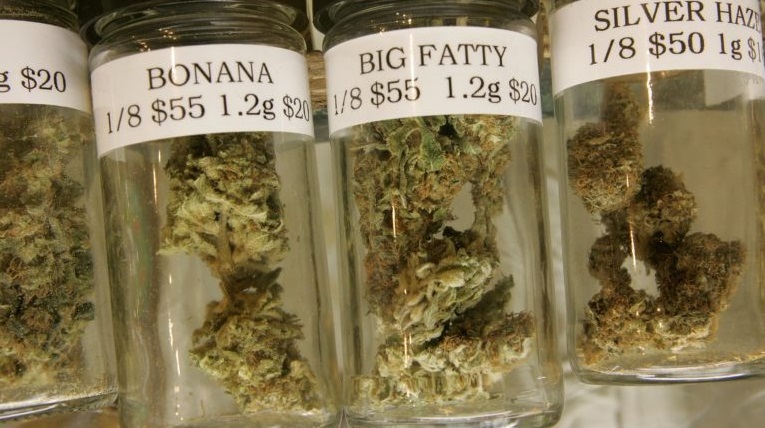Colorado Cannabis Cultivators Granted Expanded Access to New Genetics
NEW YORK- In a significant legislative update, Colorado’s cannabis cultivators are set to benefit from an expanded array of genetic resources, thanks to the enactment of Senate Bill 23-271 in January. This move, part of a broader initiative to enhance the operational landscape for Colorado’s cannabis industry while safeguarding public health and safety, introduces a newfound flexibility in genetic procurement that was previously constrained.
Historically, Colorado’s cultivation facilities were limited to sourcing new plant genetics exclusively from other licensed cultivators within the state. This restriction often led to a cycle of re-breeding existing genetics or the risky introduction of noncompliant genetic material. However, the landscape shifted dramatically with the passage of SB 23-271, which now permits cultivators to acquire immature plants, seeds, and other genetic forms from a variety of vetted sources. These include other medical or adult-use cultivation facilities, testing facilities, licensed entities in other jurisdictions, and individuals holding relevant cannabis industry credentials.
This legislative overhaul comes at a crucial time as Colorado’s cannabis sector aims to rebound from the sales dip experienced post-COVID-19 pandemic, seeking to revitalize the market with innovative and diverse genetic offerings. The bill’s provisions notably bridge the gap between medical and adult-use markets, allowing for the unrestricted transfer of genetics between the two, thereby fostering a more integrated and dynamic industry ecosystem.
The introduction of new genetics is not just a matter of regulatory compliance but also a strategic imperative for maintaining competitiveness. Operators like Native Roots Cannabis Co., a leading name in Colorado’s cannabis scene, previously faced significant hurdles in diversifying their genetic portfolio due to the old regulatory framework. The company’s Senior Director of Cultivation Operations, Jason MacDonald, voiced concerns over the competitive disadvantage imposed by the inability to freely exchange genetics within the industry.
Despite the federal stance on cannabis seeds and tissue cultures, as clarified by the U.S. Drug Enforcement Administration, the state laws remain the definitive guide for operational conduct. Legal experts and industry consultants emphasize the importance of adhering to Colorado’s regulations, advising meticulous documentation and compliance with state-specific transfer protocols to navigate the newly opened avenues for genetic acquisition successfully.
The regulation not only aims to enhance genetic diversity but also to ensure that the integration of new genetics into the state’s cannabis ecosystem is conducted with the utmost regard for regulatory compliance and public safety. As Colorado’s cannabis cultivators embrace this regulatory evolution, the emphasis remains on strategic growth, market competitiveness, and adherence to the legal framework designed to facilitate a thriving, safe, and diverse cannabis industry.



































